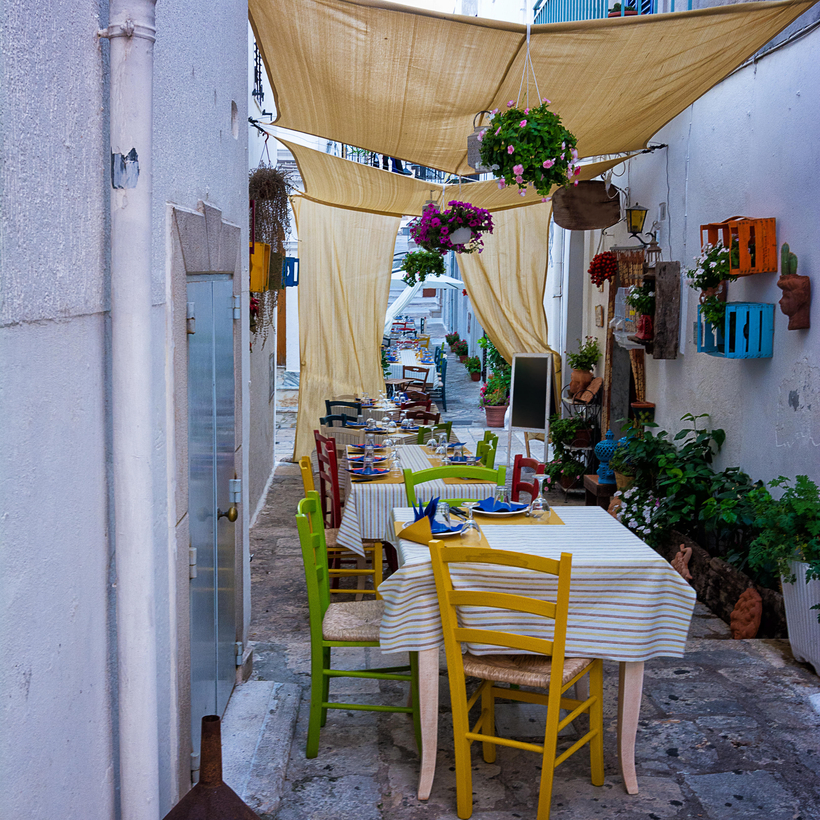If you were traveling through Italy during the spring of 2019 you might have passed the British food writer and broadcaster Sophie Grigson rearranging her packed Chrysler PT Cruiser in a lay-by on the autostrada near Bari. Perhaps you might have thought you should stop and offer help.
Don’t worry, she was fine. “Some people see a middle-aged woman traveling alone and they feel sorry for her,” she says. “There’s no need. What you saw was me in the middle of completely changing my life.”

